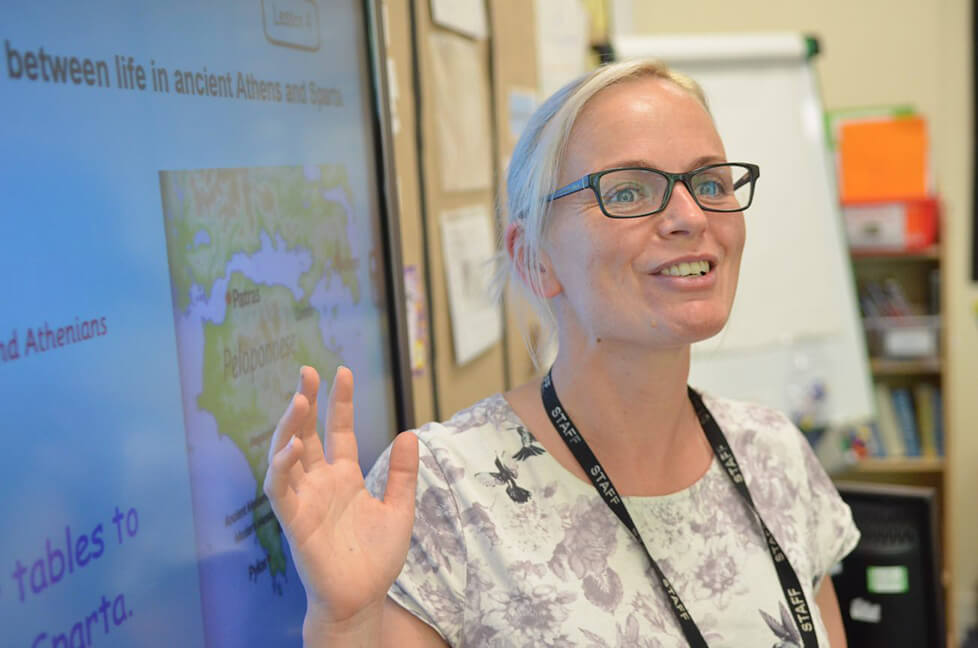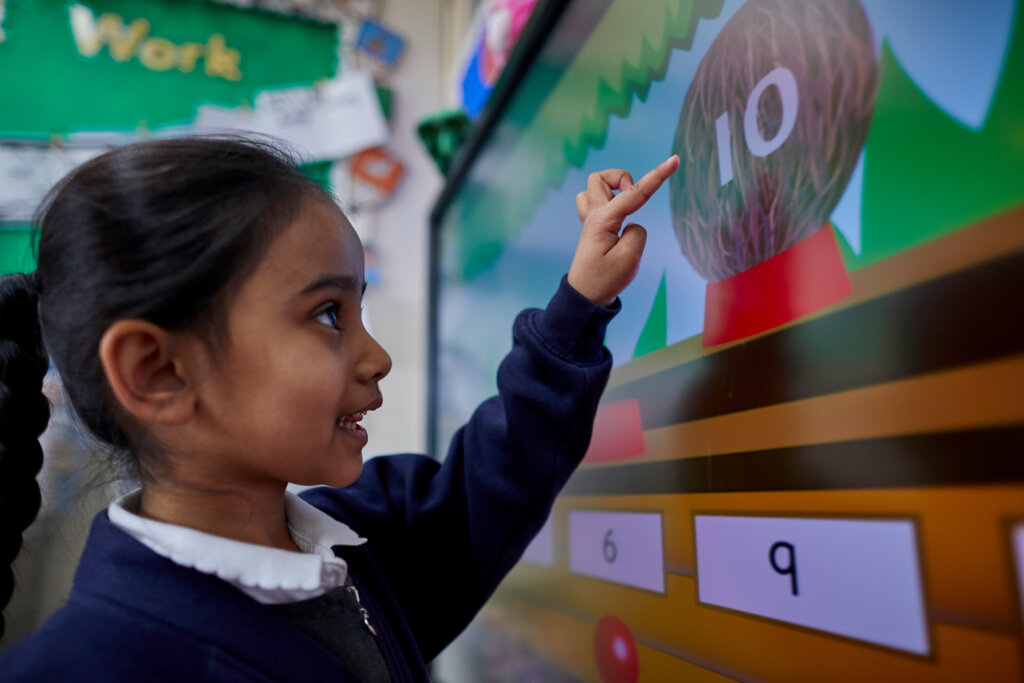Government to miss target for a fully trust-led system by 2030
In the Schools White Paper published last year, the government laid out plans for all schools to join a multi-academy trust (MAT) by 2030. After months of opposition, the bill was dropped in December 2022, but the Education secretary has said that ministers remain committed to many of its objectives. However, a recent study by the National Foundation for Education Research (NFER) has found that the government will likely fail to reach its target for a fully trust-led system by 2030.
Data shows that just under half of all mainstream schools in England have been academised, whilst 53 percent remain Local Authority (LA) maintained. The NFER discovered there are many challenges that schools, LAs and trusts may face in shifting to an all-MAT system. For example, religious protections for LA maintained schools are legislated by law, making them stronger than those for academies, meaning that faith schools have been slow to transition. Similarly, there are concerns that small, rural schools may be left behind due to their unique financial circumstances.
Researchers wonder how many schools that have yet to transition are likely to do so voluntarily. In 2021, a survey commissioned by the Department for Education found that the majority of LA maintained schools and SATs were not planning to academise. Whilst the Schools White Paper seemed to renew interest in academisation, the NFER found that there was a continuing trend of resistance. Of the LAs that responded to their survey, 61 percent said their schools were opposed to academisation and 53 percent said SATs were also opposed to joining a MAT. Now that the Schools Bill has been scrapped, researchers suggest that ‘the interest generated by the Schools White Paper may diminish.’
In order to achieve the government’s ambition for a fully trust-led system, 25 LA maintained mainstream schools and three standalone academy trusts (SATs) would need to join a MAT each week. Researchers warn that growth at such an unprecedented scale would risk ‘creating issues for trust quality, as it did during the initial rapid expansion of MATs […] or schools rushing to join a MAT which may not be an appropriate match.’ The NFER says the government should prioritise a slower transition instead, offering support through resources and policy solutions, whilst allowing more time for MATs to build capacity.
New guidance on providing remote education
With schools set to strike in February and March this year, the government has released updated guidance on providing remote education. Whilst emphasising that remote education should not be viewed as an equal alternative to attendance in school, the guidance states that in certain scenarios it can support ‘absent pupils to keep on track with their education and stay connected to their teachers and peers.’
These exceptional circumstances include school closures or restrictions on attendance, as well as individual cases where a pupil is unable to attend school but is able to learn. For example, if a pupil is recovering from infectious illness or injury. On a case-by-case basis, schools may also decide to offer remote education to pupils with special educational needs or disabilities (SEND) or a mental health issue, as part of a plan to reintegrate them back into school.
Following school closures during the pandemic, schools are likely to have established remote education plans in place. The guidance states these should be kept up to date and relevant to the school’s current context. Schools should share any updated plans and procedures with parents, carers and pupils, ensuring they have ‘clarity and transparency about what to expect.’
School leaders are encouraged to consider the needs and circumstances of pupils and their families, such as the pupils’ home environment, including the space and opportunity to study; potential barriers to digital access; and significant demands on parents’ help and support. Pupils who are eligible for free school meals should also receive ‘good quality lunch parcels or […] a food voucher if available.’ Furthermore, schools should work with families to put arrangements in place for children with SEND, who may not be able to engage with remote learning without adult support.
The impact of early years on future life earnings
It has previously been shown that children who are taught well in their first year of primary school go on to achieve better results in GCSE English and maths. Now, research shows that children in the most effective reception classes also go on to earn more than their peers in later life.
In a study by the Department for Education (DfE) in collaboration with Durham University, researchers used data from the DfE to trace pupils’ reception attainment to their GCSE results, which were then used to predict adult earnings. They found that the top 2.5 percent performing reception classes could add between £50,000 and £200,000 in present value to the UK economy. This is equivalent to £4,400 in lifetime earnings per pupil, even after adjusting for children’s age, sex, ethnicity, special educational needs or disabilities (SEND), English as an additional language (EAL), and economic disadvantage.
However, this comes as a new survey suggests that almost half of children were not school-ready on their entry into reception in 2022. For example, 99 percent of teachers say they had at least one pupil in their class who struggled to hold a pencil, share with other children, or listen to instructions. In the researchers’ view, this indicated the problem of school readiness was growing. However, we are aware that children develop knowledge and skills at different times, progressing along the continuum of learning at a pace appropriate to them.
In the survey, teachers expressed concerns that despite their best efforts, it can be very difficult to get children back on track once they fall behind developmental milestones, as they are unable to access the full range of opportunities in reception. This also has implications for the broader school community, as teachers spend less time with other pupils and more funds are spent investing in additional staff or interventions.
James Bowen, director of policy for the school leaders’ union NAHT, says that ‘the government could do far more to set children and families up for success by investing more in early years education and services, allowing all children – especially those from disadvantaged backgrounds – to access the support they need to get the very best start in life.’
One Education is committed to ensuring school leaders and teachers have all the tools they need to grow in confidence and expertise.
Explore our services to find out how we can help with the transition to academy status, embedding best practice in early years, plus our wide range of digital solutions to support in-class and distance learning.
If you have any questions, please get in touch.















